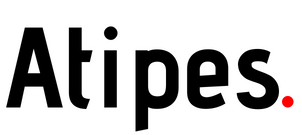5 Common Teaching Practices I’m Kicking to the Curb
So many of us teach the way we were taught. We may not even realize we’re doing it. And that means certain practices get passed down year after year without question, methods that are such a normal part of the way we do school, we perpetuate them without realizing there are better alternatives. Today I’m […]
